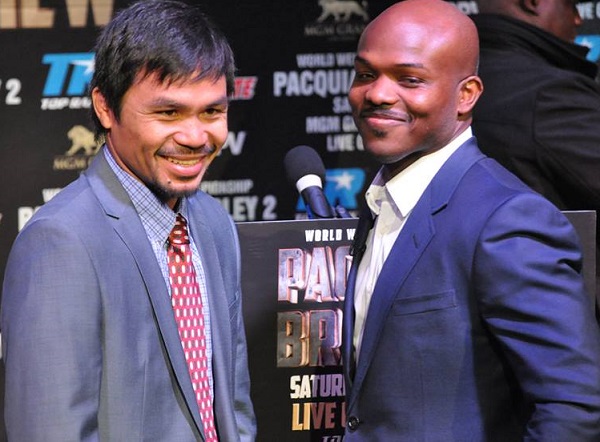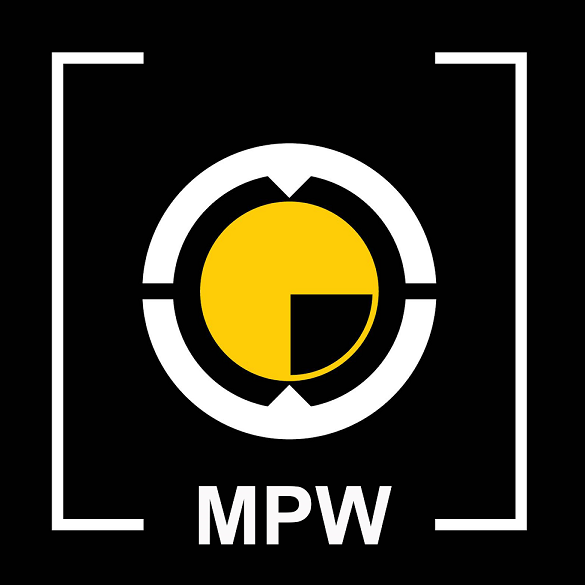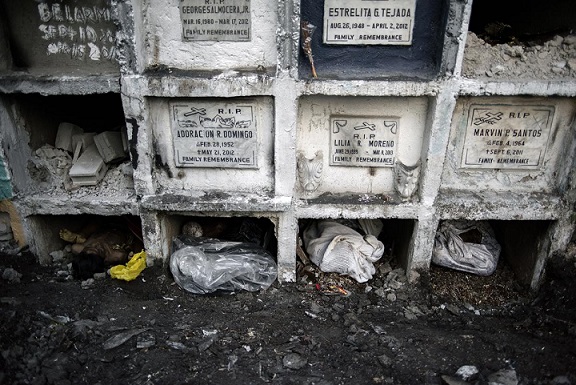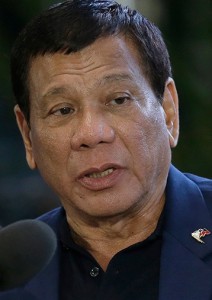U.S. congressmen listen to horror stories of Rodrigo Duterte’s ‘killing zones’
By Rene PastorThe U.S. Congress opened on July 20 an investigation on extrajudicial killings (EJK) in the Philippines, with revelations some police officers were “being paid to kill” drug suspects.
“There is an economy of murder” in the Philippines. Matthew Wells, a senior crisis advisor of Amnesty International (AI), gave this description during a congressional hearing about the anti-drug war being waged by the government of Rodrigo Duterte.
He said that after a visit to the country, his organization found witnesses who said police officers have compiled what can only be called a “hit list” distributed by the officers to “paid killers” who would then go out on their grisly business.
“The targets are overwhelmingly poor (people),” Wells said of Duterte’s drug war. The brutal campaign has claimed the lives of anywhere from 7,000 to 9,000 Filipinos.
Being poor and powerless means those Filipinos are easily cowed into not reporting the murders and their only resort is to go to human rights organizations and advocates, who are threatened and intimidated by the authorities.
In some areas of Manila’s steaming shanty towns, the people choose to sleep on the streets as a matter of survival, said Phelim Kine, deputy director for the Asia Division of Human Rights Watch. That is so because police officers conducting anti-drug raids would kick in the flimsy doors to their houses and would shoot people on their knees for their lives, he told the hearing conducted at the Tom Lantos Human Rights Commission of the U.S. House of Representatives.
The bipartisan commission is led by Democratic Rep. James McGovern of Massachusetts, and Illinois Rep. Randy Hultgren, a Republican.

Ellecer Carlos of iDEFEND coalition testifies before the Tom Lantos Commission on Human Rights. Photos by Eric Lachica
“Urban slum areas are the epicenter of the killing zones” in the Philippines, Kine said.
They have received innumerable accounts where the killings of Filipinos are explained away by authorities saying the people fought back, he added.
Ellecer Carlos, a spokesman for iDEFEND coalition (In Defense of Human Rights and Dignity Movement) of the Philippines, said in the hearing the campaign has “made human life cheap” in the Philippines.
What Duterte has done is “roll back” the progress made by the Philippines in the field of human rights over the last 30 years, or since Filipinos overthrew Ferdinand Marcos in 1986, Carlos said.
The human rights activists said Philippine officials used to be forthcoming in releasing data about the success of the campaign to eliminate drug dealers and users. However, after the murder of a Korean businessman while in police custody sparked the ire of Seoul and an increase in criticism from the EU, the flow of information has dried up.
“Even if you take (government) figures, which are now being manipulated,” Wells explained, the sheer number of those who have been killed is horrific.
The Tom Lantos Commission says it is investigating the human rights consequences of the ‘war on drugs’ currently underway in the Philippines.
The Philippines is the “largest recipient of U.S. assistance in East Asia,” says the commission. “U.S. assistance to the Philippines includes both counterterrorism and counternarcotics support to the PNP. Duterte’s ‘antidrug’ campaign and reports of extrajudicial killings raise questions about how the United States should balance its concerns for protecting human rights and the rule of law with its desire to maintain the bilateral alliance and continue to pursue other shared goals.”
Carlos compared Duterte’s anti-drug war to a form of “ethnic cleansing” against the most vulnerable in Philippine society who are practically invisible to the authorities and therefore expendable.
Kine said the rule of law has clearly been thrown “under the bus” in Manila due to the “human rights calamity which has unfolded in the Philippines.” The government, he added, “does not want to shine a light on this mass slaughter” of Filipinos.
“The social costs of this drug war cannot be overstated,” said Carlos.
Copyright © 2017 The FilAm













